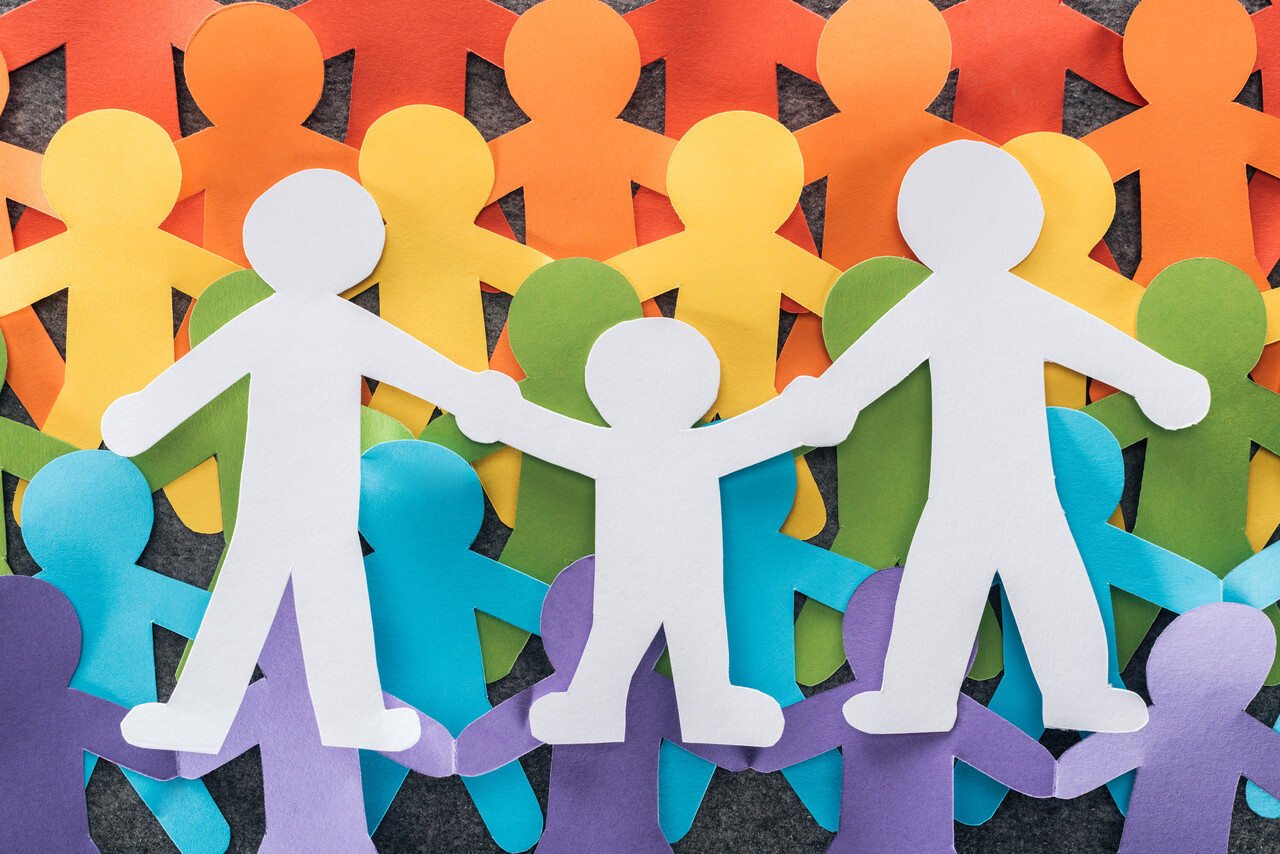ADHD, or Attention Deficit Hyperactivity Disorder, can make it challenging for children to focus, control impulses, and manage their behavior. However, with the right interventions, we can help these children thrive and reach their full potential. Here is a top 10 list of behavior intervention strategies to support children with ADHD. These strategies are designed to foster positive change and create a supportive environment for both the child and their caregivers.
Positive reinforcement is crucial. Celebrate and reward good behavior immediately, whether with praise, a sticker, or extra playtime. This encourages children to repeat desirable behaviors. Clear and consistent rules also help; children with ADHD thrive in environments where expectations are understood. Make sure they know what is expected of them and the consequences of not following the rules.
Structured routines are essential. Consistent daily routines help children with ADHD know what to expect, reducing anxiety and helping them focus better on tasks. Breaking tasks into smaller steps can make large tasks less overwhelming. By dividing activities into manageable chunks, children can complete them without feeling frustrated.
Frequent breaks are necessary. Allowing short, regular breaks during tasks helps children manage their energy levels and maintain focus. Visual aids and reminders can also be beneficial. Using visual schedules, charts, and reminders provides clear, concrete cues about what they need to do next.
Active engagement is important. Engage children in activities that require active participation, as interactive lessons and hands-on activities help maintain their interest and focus. Positive communication is another key strategy. Use positive language and focus on what the child can do, rather than what they can’t. Encouraging words and a supportive tone boost their confidence and motivation.
Social skills training can make a big difference. Teach children with ADHD appropriate social behaviors through role-playing and social stories, helping them navigate social situations more effectively and build better relationships. Mindfulness and relaxation techniques are also valuable. Introducing mindfulness exercises and relaxation techniques can help children manage stress and improve focus. Deep breathing, meditation, and yoga can be very beneficial.
Implementing these strategies can significantly impact the lives of children with ADHD. By using this list of behavior intervention strategies, caregivers and educators can create a nurturing environment that supports positive behaviors and emotional well-being.
BEHCA offers tools to help families, support staff, and care providers monitor progress, identify patterns, and implement effective interventions. As a behavior tracking tool, BEHCA can assist you in supporting children with ADHD and make a positive impact on their lives.
Join the BEHCA community today and experience the difference that effective behavior management can make.
